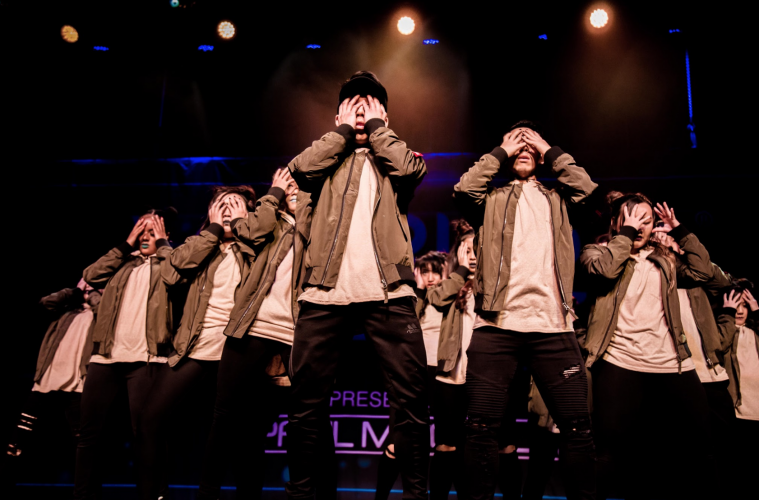We’re back with the final few posts about performance psychology. A lot of times people forget the importance of mastering the mental and emotional side of performing, but luckily we have expert Clay Frost here to guide us and give us the tools to have our best performance ever. If you’re catching up, here are the posts on why performance psychology matters, emotional control, focus, and mastering self talk.
Imagery is the creation or recreation of an event in the mind. When practicing imagery you are either creating a future event or recreating a past event. This requires the use of your imagination.
Imagery has two main concepts: controllability and vividness.
- Controllability: To make our imagery controlled, we need to make sure that we are seeing what we intend to see. We need to see our ideal performance and make it perfect in our mind.
- Vividness: To make imagery vivid, we need to use all of our senses in order to make it as lifelike as possible.
This is why I don’t call it visualization, because we are supposed to use more than just the visual senses, to make imagery effective, you are to create or recreate the event with all of the sights, sounds, tastes, smells and textures. In addition to using all five senses, it is important to add ‘kinesthetic awareness’ or what it feels like to move. In your imagery you should also replicate what it feels like to move, jump and dance. The more vivid and controlled our imagery is, the more it will improve your performances.
Master imagery by practicing “Imagery by addition:”
Set a timer for ten minutes. During those ten minutes, practice a routine or series that you are trying to improve. You will start with a very simply detailed imagery (you by yourself, on a wooden floor). Every time you complete the routine perfectly, that is one repetition. Five repetitions = 1 set.
After each set, add more details to your imagery, like your crew members, judges, lights, music, location, etc. This activity will only be ten minutes, but will help you get tons of repetitions and help you develop your confidence in executing the routine, skill or series.
As you practice imagery by addition, try to stay focused on your imagery, distractions will come and that is okay, just refocus back to the imagery. Another thing that you might find difficult, you might see yourself fail or make mistakes, if this happens consistently, you need to slow down the imagery until you get it right.
Imagery works because your mind is able to learn faster, remember better and execute more precisely. It will help you develop your skills and your confidence, both of which are necessary to performing at your highest potential.




